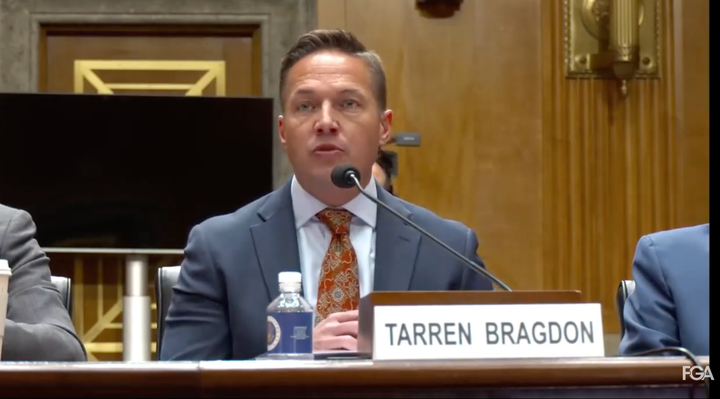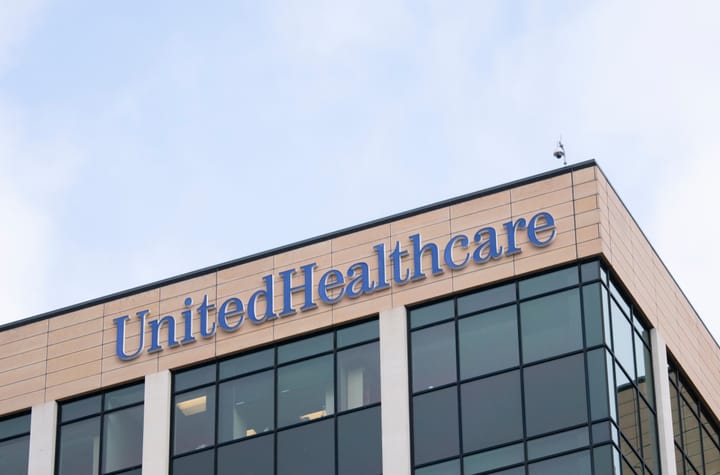In the first quarter of the year, Big Pharma’s top lobbying group spent a record-breaking $12.9 million on federal lobbying—an unprecedented blitz that coincided with a string of Trump administration decisions benefiting drugmakers. As the industry secured delays to drug price controls and other policy changes that will boost company profits, the Pharmaceutical Research & Manufacturers of America (PhRMA) was paying Trump-linked lobbyists, including top campaign bundlers Jeff Miller and Geoff Verhoff, to push its agenda in Congress and the administration.
PhRMA’s $12.9 million in quarterly lobbying outlays, disclosed this week in a U.S. Senate filing, is a big increase above what it has ever spent in the past. The group’s previous high was just under $10 million in Q1 2018, suggesting it’s working overtime to influence the new Trump administration, which has been marked by a mix of anti-pharma populist rhetoric with a deference to corporate interests.
Within hours of taking office on January 20, 2025, Trump handed the pharmaceutical industry a major victory by rescinding a Biden executive order aimed at reducing drug prices. The now-dismantled October 2022 order aimed to lower drug costs through testing Medicare reforms like a $2 co-pay for generic drugs in Medicare Part D, multi-state purchasing pools for expensive gene therapies, and lower payments for drugs fast-tracked by the Food and Drug Administration (FDA). The plans were still in the process of being developed, but with the stroke of a pen, Trump wiped them out.
Fast forward to April 15, 2025, and Trump signed another executive order, “Lowering Drug Prices by Once Again Putting Americans First,” that is packed with provisions potentially benefiting pharmaceutical industry profits. The order modifies the Inflation Reduction Act’s (IRA) Medicare Drug Price Negotiation Program, which allows the government to negotiate prices for high-cost drugs. Under the IRA, small molecule drugs like statins or blood pressure medication can face negotiation seven years after FDA approval, while biologics like vaccines or insulin get 11 years before negotiations kick in. Trump’s order directs the Department of Health and Human Services (HHS) to work with Congress to align these timelines, giving small molecule drugs the same 11-year buffer. The change could delay price cuts for blockbuster drugs like Entresto and Keytruda, letting drugmakers pocket higher prices for longer. PhRMA cheered the move, calling it a fix to the so-called “pill penalty.”



